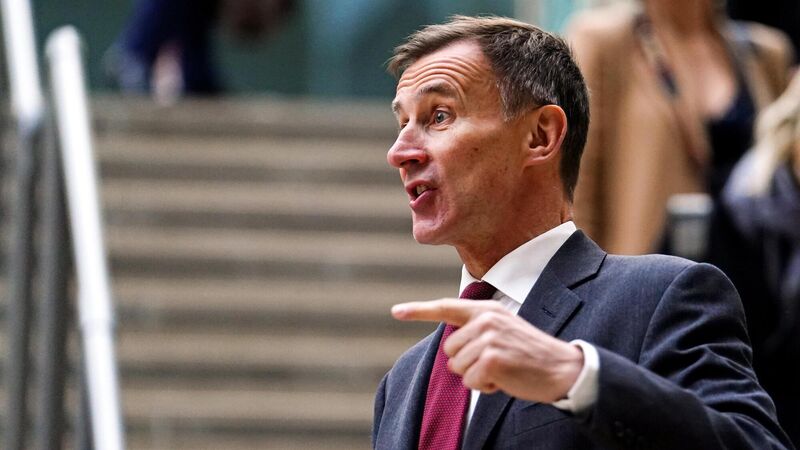UK has limited room for manoeuvre as Hunt prepares for Wednesday's budget

UK chancellor Jeremy Hunt will struggle to raise taxes or find savings in his budget.
UK chancellor of the exchequer Jeremy Hunt delivers his first budget tomorrow, setting out tax-and-spend policies for the last full year before the next British election.
The most pressing issues he faces are high inflation, weak growth, strikes and labour shortages. To complicate matters, the UK's Office for Budget Responsibility, or OBR, judges that he barely has any money for permanent giveaways.














